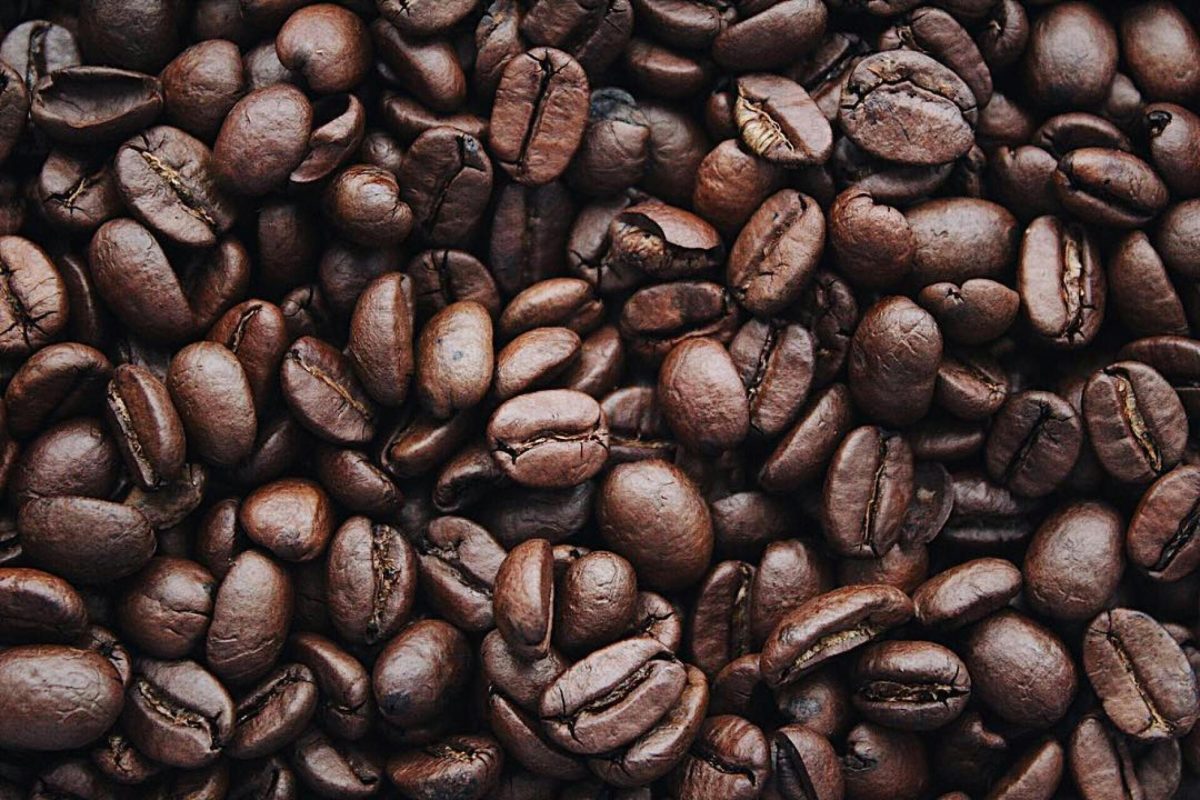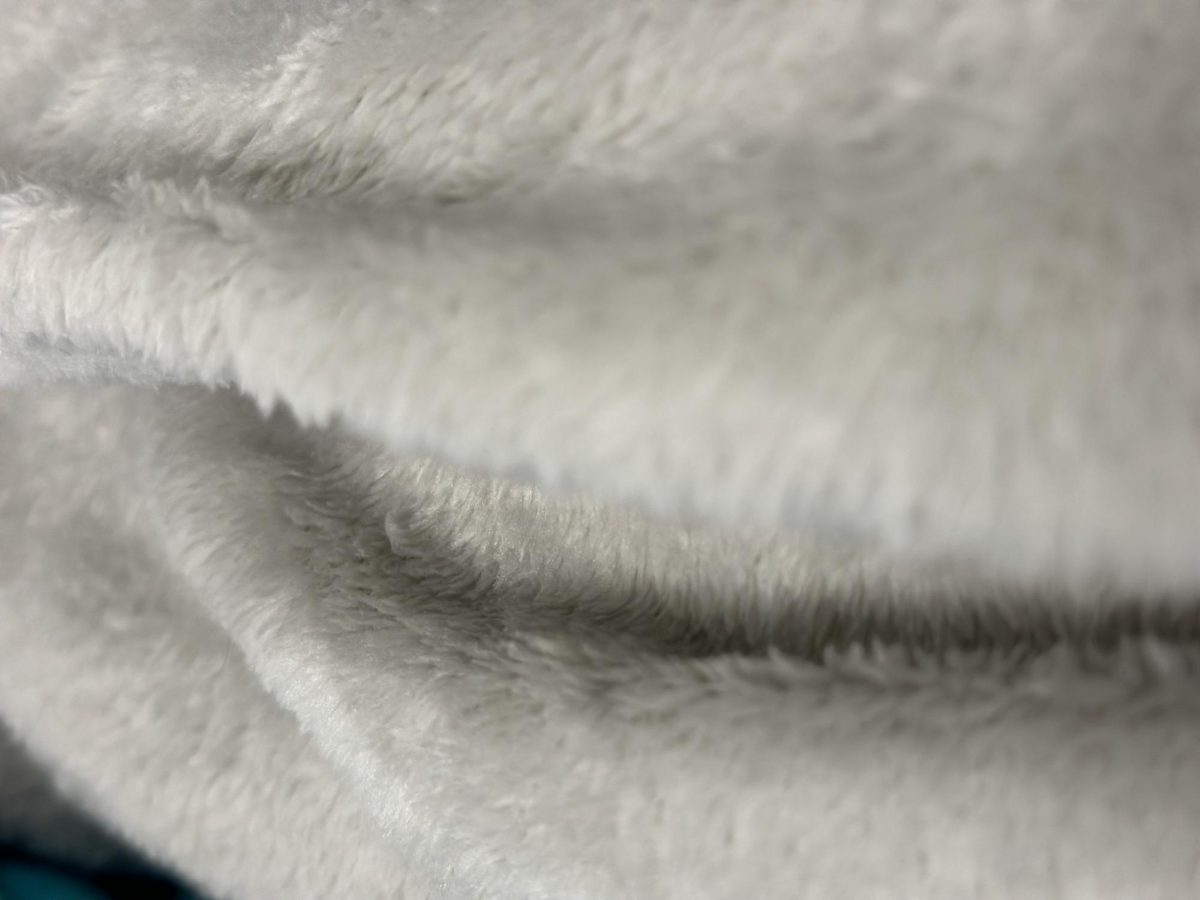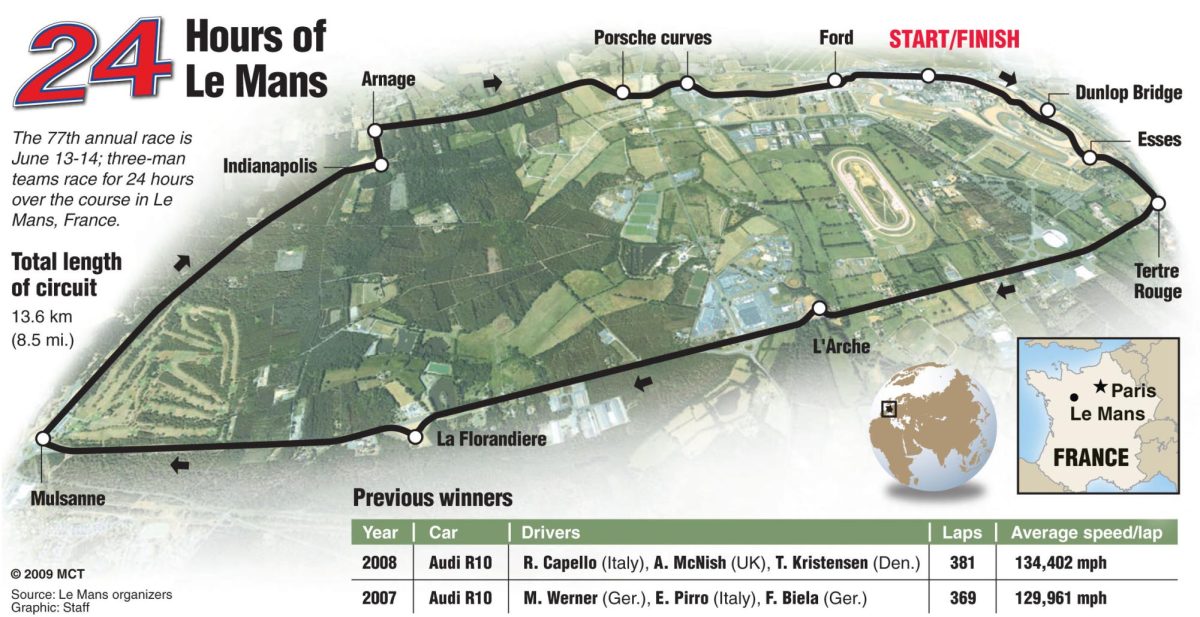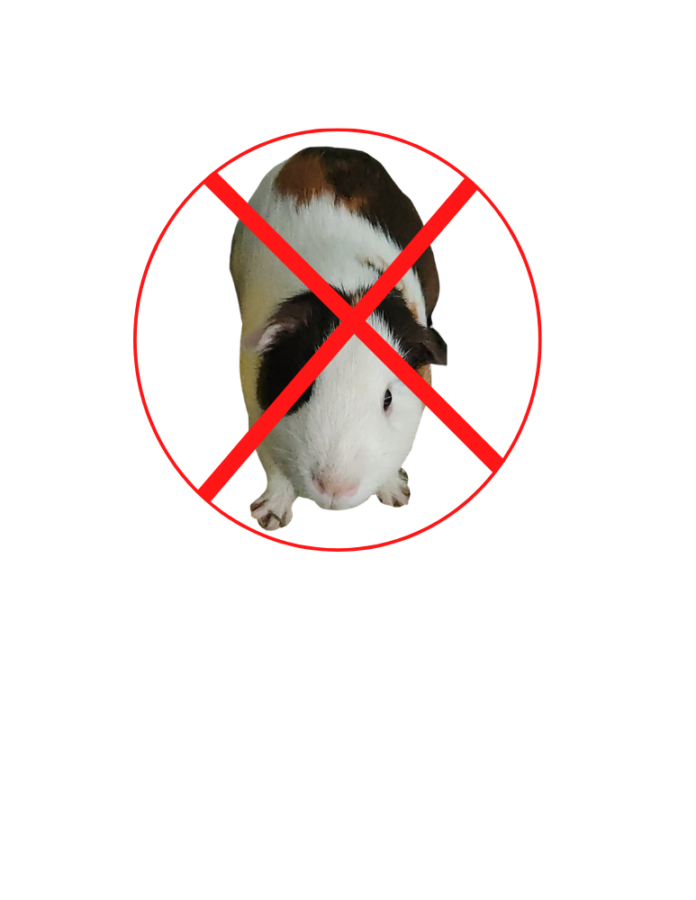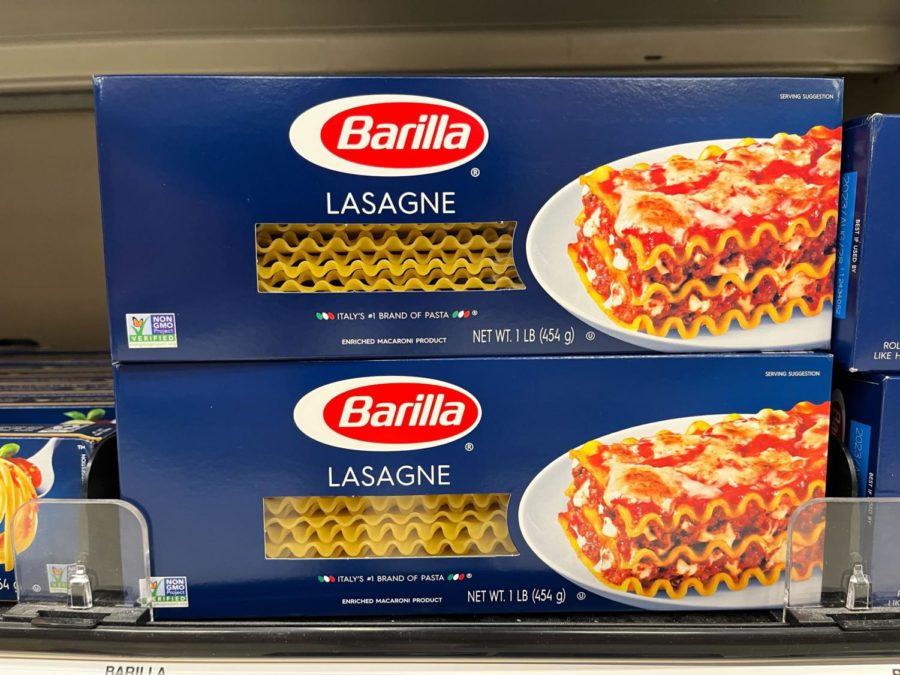Disapproving Labels
Different Companies being sued over false advertising
Two boxes of unmade lasagne noodles.
This year, there has been an influx of speculation on what people can or cannot be sued for. For example, Barilla, a popular Italian product-making company, is in a lawsuit about their pre-packaged noodles and oven-ready lasagna not being made in Italy.
Two purchasers, Matthew Sinatro and Jessica Prost, sued Barilla for false advertising on where the noodles were made initially, which could affect the buyer’s perspective on the product. Sinatro and Prost bought only two boxes of the $2 pasta, but it will cost the company millions. according to washingtonpost.com.
Furthermore, they asked the court to stop Barilla from using Italy’s likeness in marketing and on the product. Plaintiffs are seeking monetary compensation, claiming they overpaid for pasta that was not made in Italy but instead in Iowa, according to usa.today.com.
Barilla tried to dismiss the case but was denied by a federal judge. Judge Donna Ryu said “Italy’s No. 1 Brand of Pasta” could scam people into thinking the actual product is made in Italy when in reality it is made in New York andIowa, according to usa.today.com
“It will possibly be dismissed or settled out of court for some undisclosed amount,” AP government teacher John Cunningham said. “I think it will be hard to prove monetary damages.”
Not only was Barilla sued, but a similar situation happened to a hot sauce brand called Texas Pete, which is also in a lawsuit about false advertising along with Nabisco for having hidden fat in Oreos.
When California resident Philip White purchased a bottle of Texas Pete hot sauce at a Ralph’s Supermarket in September 2021, he believed it was made in Texas. According to the complaint, The Clarkson Law Firm filed on behalf of White on Sept. 12, in the Los Angeles Federal Court. This makes Texas Pete liable for a lawsuit because their product is not actually made in Texas, which is known for its hot sauces, according to usa.today.com.
Meanwhile, Nabisco is being sued by lawyer Stephen Joseph who says Oreos are filled with hidden fat. He claims it does not state on the nutrition label that there is trans fat in the cookies, so consumers have no way of knowing what is in them. Trans fat forms when hydrogen is bubbled through oil to produce margarine that does not melt at room temperature and increases the product’s shelf life. It is directly linked to heart disease and LDL cholesterol, the kind that clogs arteries, according to recordonline.com.












